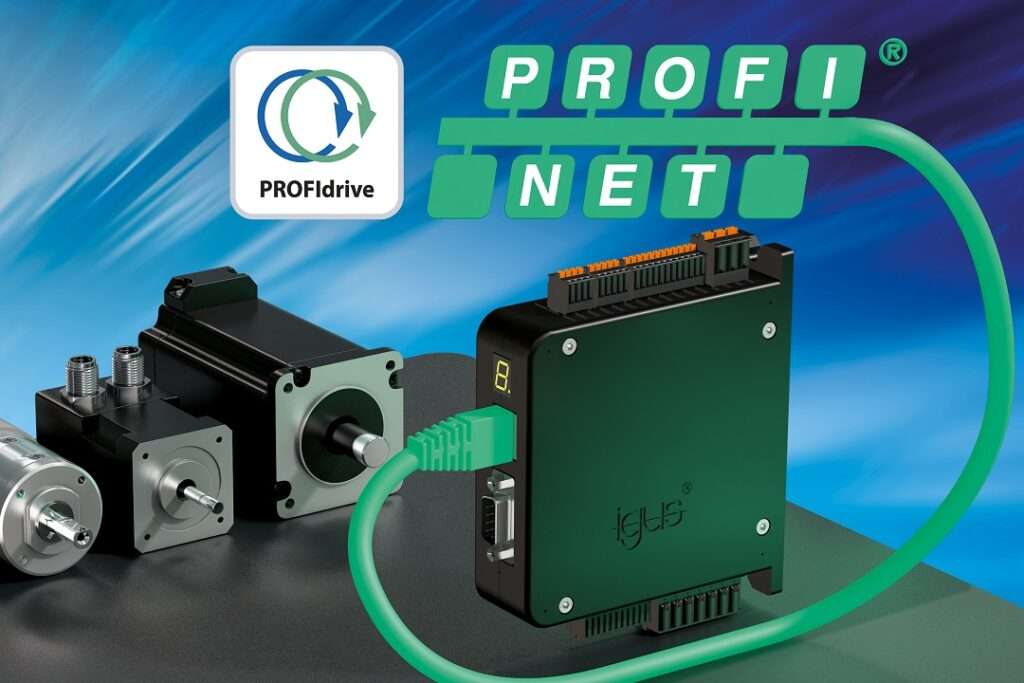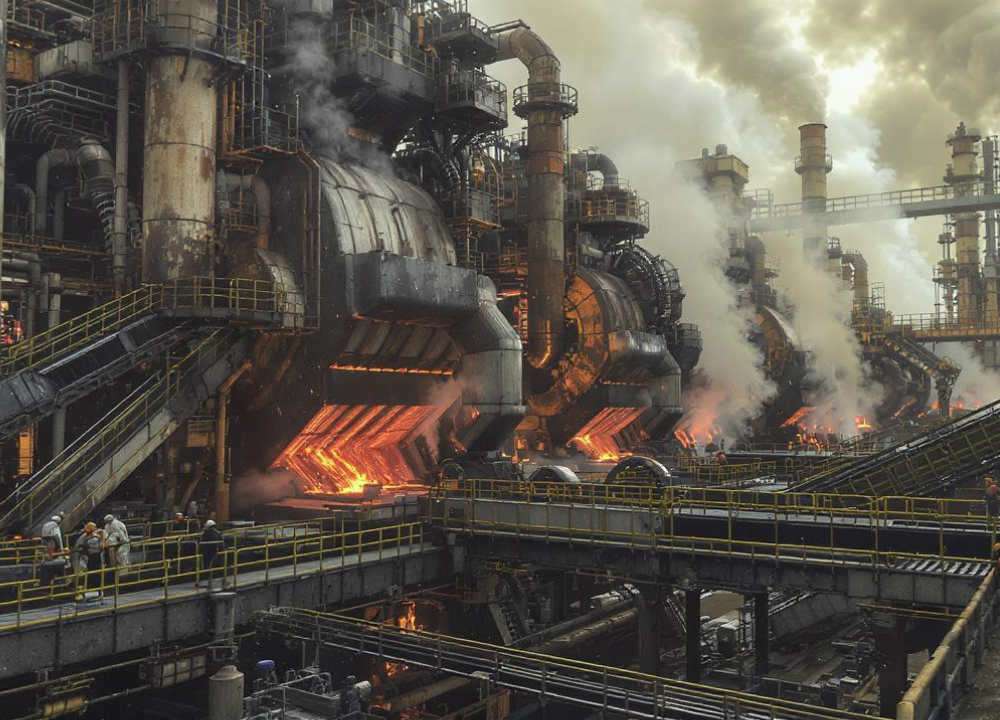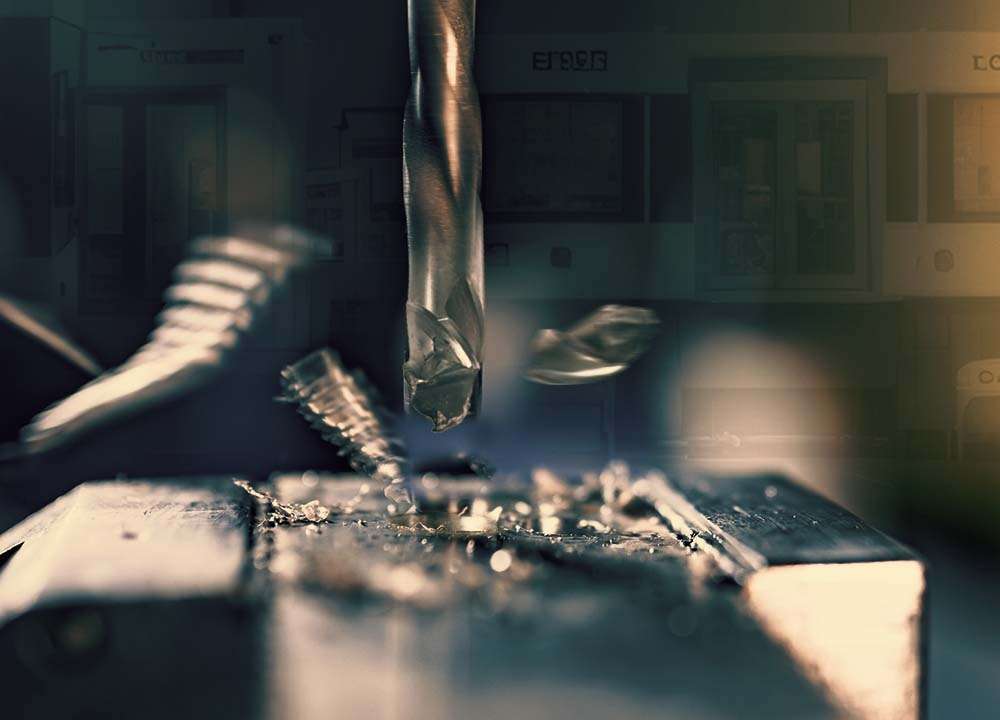The Indian government has begun the process of manufacturing high-speed rolling stock domestically, following the success of its semi-high-speed trains. This move aims to support the country’s upcoming bullet train projects, including the ongoing Mumbai-Ahmedabad High-Speed Rail. The National High-Speed Rail Corporation (NHSRC), under the Ministry of Railways, has released tenders for the design, production, supply, and commissioning of standard-gauge high-speed trainsets.
These trainsets are expected to reach speeds of up to 250 km/h, significantly faster than the 160 km/h maximum speed of Vande Bharat trains. State-run Integral Coach Factory (ICF) in Chennai and Bharat Earth Movers Ltd (BEML) are the front-runners for assembling the coaches. There is speculation that these companies might form partnerships with each other or private players to jointly develop the high-speed trainsets. Global companies like ABB, Alstom, and Siemens are likely to supply key components.
The cost of manufacturing these high-speed trainsets is expected to exceed ₹460 crore per unit, with significant domestic production planned, though many components will still be imported. The contracts will include the development of two prototype trainsets with eight cars each, featuring distributed power systems.
Harshit Kapadia, VP at Elara Securities, noted, “This marks India’s first attempt to develop high-speed trainsets. ICF might collaborate with BEML or private firms to achieve this goal.” Currently, components like propulsion systems for high-speed trains are not manufactured in India.
Experts point out that while these standard-gauge trainsets are typically used on metro tracks, their 250 km/h speed is not suitable for metro services. India’s rail network predominantly uses meter gauge, adding another layer of complexity.
India’s expertise in high-speed rail technology, such as that used in Japan’s Shinkansen trains, is still developing. Plans to import trains from Japan for the Mumbai-Ahmedabad project were shelved due to high costs.
India has made progress in building semi-high-speed trains like Vande Bharat and Gatimaan Express, which operate at speeds of up to 160 km/h. The Vande Bharat trains are largely produced at ICF in Chennai, and BEML is currently manufacturing 10 sleeper versions with a 16-coach configuration.
The country’s first semi-high-speed train, Gatimaan Express, began operations in 2016, with its coaches manufactured by the Rail Coach Factory in Kapurthala. In a statement earlier this year, Railway Minister Ashwini Vaishnaw mentioned that ICF is also working on designing standard-gauge Vande Bharat trains for export markets.








